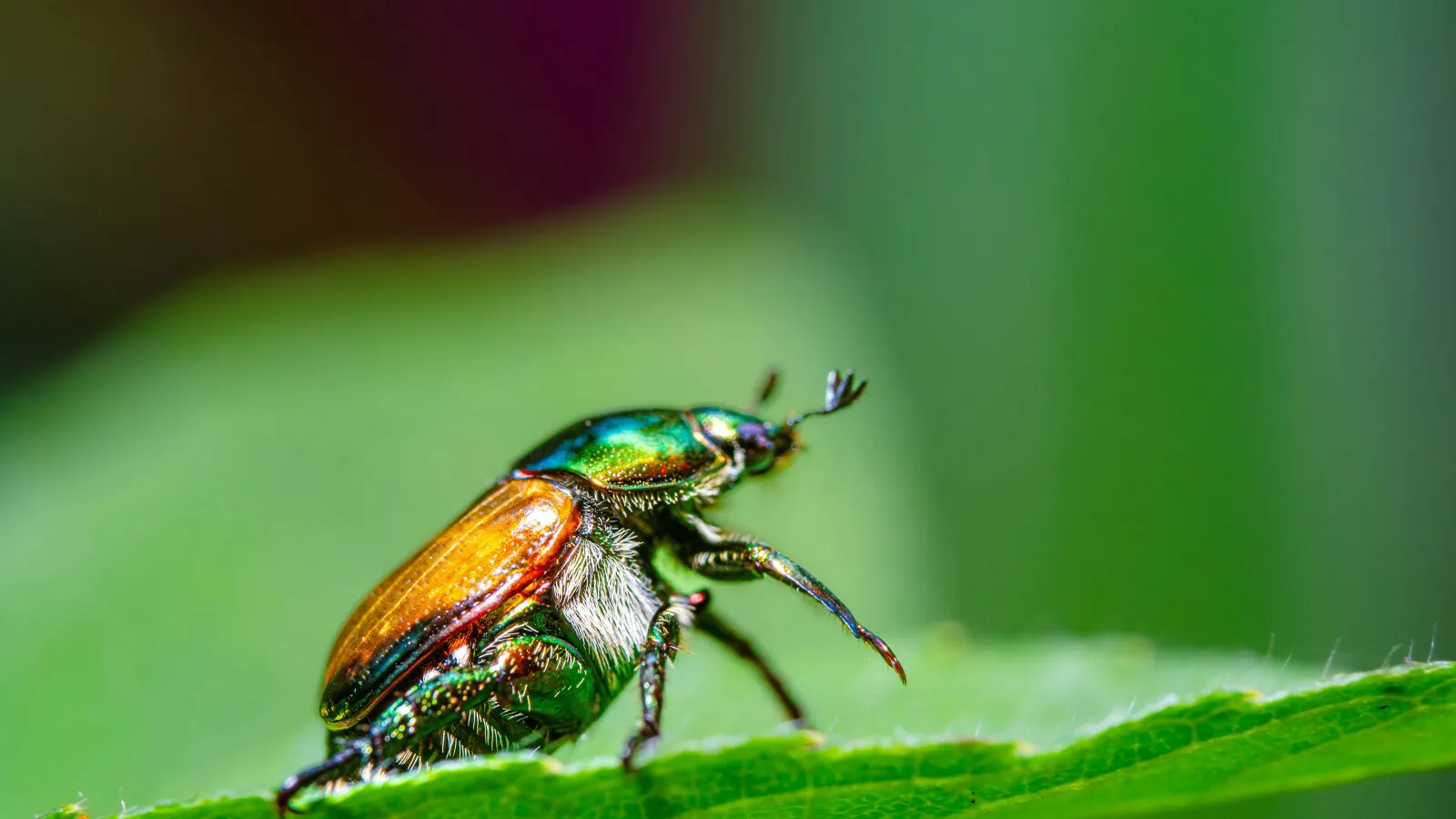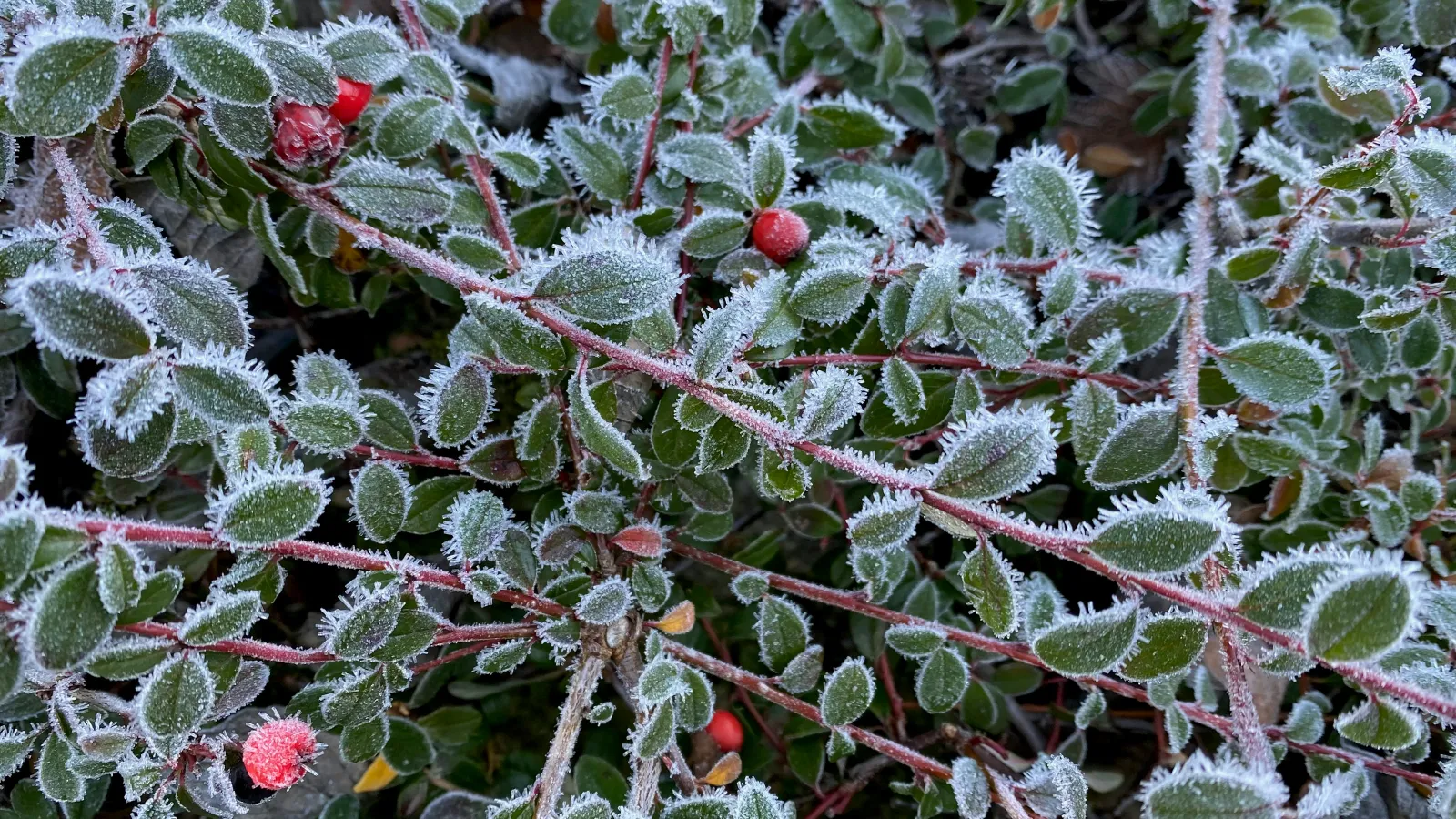
The Menace of Japanese Beetles
The Menace of Japanese Beetles
The invasion of foreign species often disrupts nature's delicate balance, and one such notorious intruder is the Japanese beetle (Popillia japonica). Originally from Japan, this invasive pest has caused significant damage to various plant species in North America. While their vibrant colors may appear harmless and aesthetically pleasing, Japanese beetles can wreak havoc on ornamental plants and crops. In this blog post, we will delve into the harmful effects of Japanese beetles and understand why they pose a severe threat.
Voracious Feeding Habits
Japanese beetles are notorious for their voracious appetite, devouring the leaves of various plants, flowers, and fruits. They are particularly attracted to roses, hibiscus, fruit trees, and other common plants. These beetles consume the soft tissues between the veins of leaves, creating a characteristic "skeletonized" appearance. Severe infestations can defoliate plants entirely, compromising their ability to do photosynthesis and weakening their overall health.
Damage to Agricultural Crops
Beyond ornamental plants, Japanese beetles pose a substantial threat to crops. They target crops like corn, soybeans, beans, and fruits such as peaches, plums, and apples. Their feeding activity can result in significant yield losses and reduced crop quality. Farmers and gardeners often struggle to control these pests, as they can quickly overwhelm an area, leading to economic losses and decreased food production.
Attracting More Pests
Japanese beetles emit volatile compounds that act as pheromones, attracting other beetles to join them in their feeding frenzy. More pests further weaken your plant, and their chewing leaves behind openings for harmful pathogens, leading to an increased risk of plant diseases.
Impact of Ecosystems
The presence of Japanese beetles can have cascading effects on ecosystems. When these beetles devour the foliage of native plants, it disrupts the food chain and reduces the resources available to other herbivores, birds, and insects. This change can lead to a decline in biodiversity, affecting ecosystems' overall health and resilience. In areas where Japanese beetles have become established, their presence can alter the composition of plant communities, leading to long-term ecological changes.
Challenges in Pest Control
Controlling Japanese beetles is a daunting task. Traditional methods, such as handpicking or insecticides, can provide temporary relief but often fail to manage large populations effectively. However, our Tree and Shrub Program can help. We offer finely tuned fertilization, insect, and disease control services for your trees and shrubs.
Reach out to 'The Nice Guys' today for a free Tree and Shrub Care estimate.

